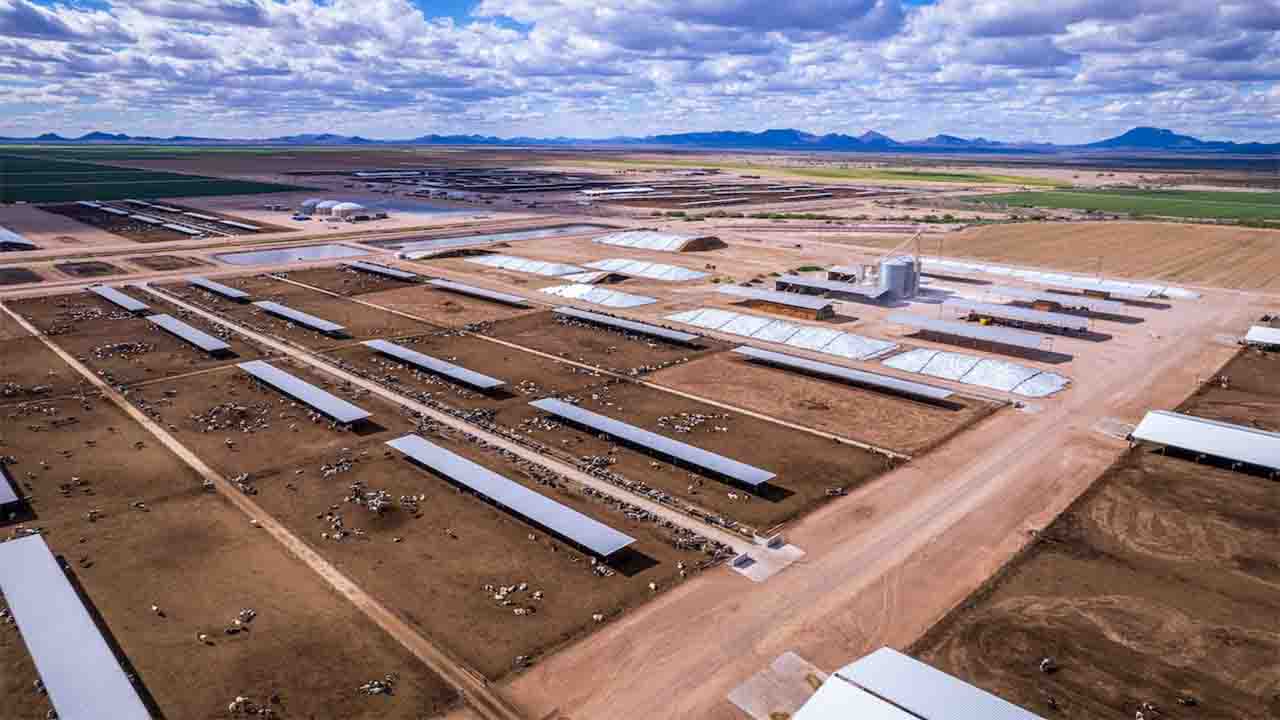India (Commonwealth) _ leading a high-profile delegation to the second edition of India Energy Week in Goa, the US-India Business Council (USIBC) made a crucial step that highlighted India’s important role in the global energy transformation. Prime Minister Narendra Modi opened the event, showcasing India’s will to invest at previously unheard-of levels in the energy industry and its pivotal position in the world’s energy markets.
A Think Tank
Under the leadership of Ambassador Atul Keshap, the USIBC held enlightening conversations with Indian dignitaries such as Union Petroleum Minister Hardeep Singh Puri, Prime Minister Narendra Modi’s advisor Tarun Kapoor, and Keisuke Sadamori of the International Energy Agency. The team recognized that India’s energy needs would treble by 2045 and that natural gas would play a bigger role in the country’s energy mix as it is predicted to rise from 6% to 15%.
Security and the energy transition were the main topics of the side talks, which were co-hosted by GE Vernova and the USIBC. Collaborations in the fields of nuclear power, oil and gas, hydrogen, biofuels, novel fuels, energy storage, and carbon capture, use, and storage (CCUS) were highlighted during the event.
Impact of Partnership
USIBC President Atul Keshap praised the Indian government’s efforts in organizing India Energy Week and underlined the possibility of US-India collaborations in improving energy technology and ensuring a sustainable energy future.
The chief technology officer of GE Vernova in India, Shilpa Gupta, pushed for technological innovation to help India through its energy transformation. She emphasized as important areas of concentration wind-solar plus baseload power plants, green hydrogen, and battery energy storage systems (BESS).
The Energy Landscape
India faces several obstacles in its quest for renewable energy. A few of the challenges the nation is now experiencing include the requirement to construct 500 gigawatts of renewable energy by 2030, legislative choices that impact solar projects, and setbacks in fulfilling yearly clean energy installation objectives.
India has the unquestionable potential to become a global leader in sustainable energy, notwithstanding these obstacles. By implementing more ambitious clean energy objectives and forming smart collaborations, like the one between Indian officials and the USIBC, the nation can effectively utilize its abundant energy resources to build a sustainable and prosperous future.
The largest oil and gas corporation in India, ONGC Ltd., is actively seeking to expand its upstream business. Even as it seeks new crude-to-chemicals projects to adapt for the shifting energy environment, the business expects that oil and gas will continue to play a significant role in the nation’s energy mix over the Next thirty years.
The recent decision by the Indian government to open up no-go zones within the Indian Exclusive Economic Zone to production and exploration activities has given the nation’s exploration strategy fresh life. This decision, which covers an area of one million square kilometers in offshore regions on India’s east and west coasts as well as the Andaman and Nicobar Islands, demonstrates the country’s dedication to realizing its enormous energy potential.
The US-Indian relationship will be more important than ever in improving energy technology and assuring a sustainable energy future as the global energy environment continues to change. The talks held during India Energy Week 2024 demonstrated the value of cooperation and creativity in advancing the world’s energy transition, which was a significant step in the right direction.
Ultimately, the narrative around India’s energy shift encompasses more than simply advancements in technology and governmental choices. It is a tale of human perseverance and optimism, demonstrating the human spirit’s inventiveness and resiliency in the face of difficulty. And India is positioned to write the next chapter in the history of global energy while the world looks on and waits. India is standing on the brink of a new age.
Zero emissions by 2070
India’s declaration that it intends to achieve net zero emissions by 2070 and to obtain half of its power from renewable sources by 2030 is a momentous step in the global fight against climate change. India is setting the standard for a new paradigm in economic growth that might save other emerging nations from adopting the carbon-intensive strategies that many did in the past.
India’s change is astounding in scope. Over the past 20 years, its economy has grown at one of the fastest rates in the world, bringing millions of people out of poverty. India adds a metropolis the size of London to its urban population each year, entailing massive new building, industrial, and transportation network construction. Thus far, coal and oil have been the cornerstones of India’s economic development and modernization, providing a growing proportion of the country’s population with access to contemporary energy services. Over the previous ten years, this has included installing new electrical connections for 50 million people annually.








